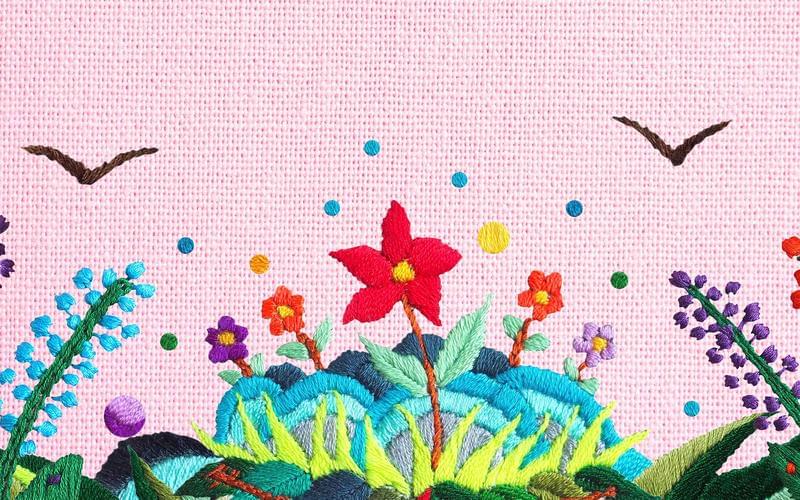Our default intuition when it comes to consciousness is that humans and some other animals have it, whereas plants and trees don’t. But how sure can we be that plants aren’t conscious? And what if what we take to be behavior indicating consciousness can be replicated with no conscious agent involved? Annaka Harris invites us to consider the real possibility that our intuitions about consciousness might be mere illusions.
Our intuitions have been shaped by natural selection to quickly provide life-saving information, and these evolved intuitions can still serve us in modern life. For example, we have the ability to unconsciously perceive elements in our environment in threatening situations that in turn deliver an almost instantaneous assessment of danger — such as the intuition that we shouldn’t get into an elevator with someone, even though we can’t put our finger on why.
But our guts can deceive us as well, and “false intuitions” can arise in any number of ways, especially in domains of understanding — like science and philosophy — that evolution could never have foreseen. An intuition is simply the powerful sense that something is true without having an awareness or understanding of the reasons behind this feeling — it may or may not represent something true about the world.
